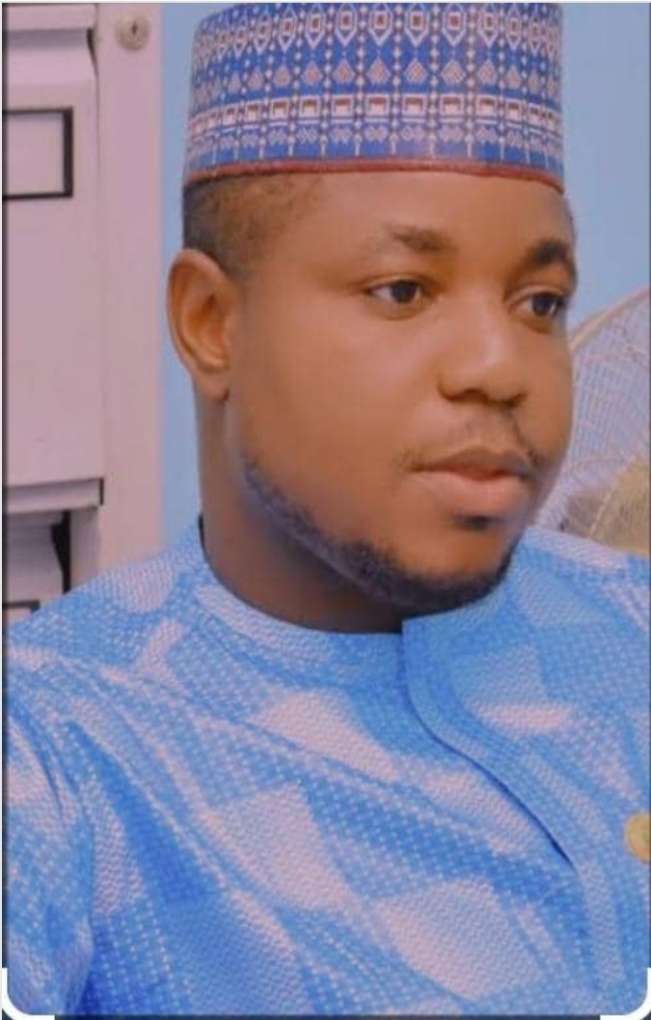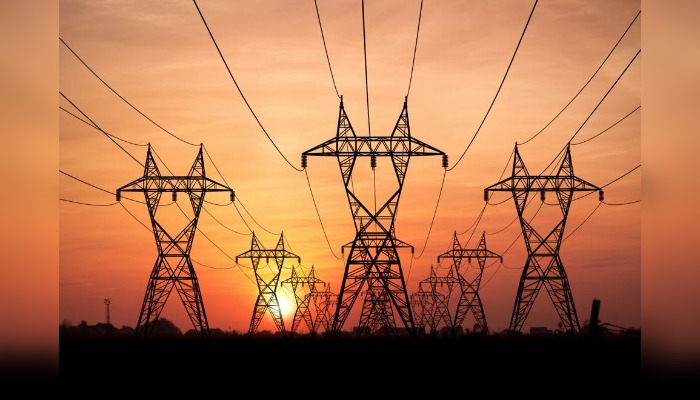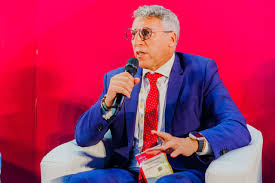
Who Is Responsible For Basic Education Amid LG Autonomy:State Or Local Governments?
By Abdullateef Alagbonsi, Ph.D., LL.B. The Nigerian public has shown solidarity for the Federal Government on its recent commendable action to settle the long-standing issues associated with the Constitutionally-enshrined Autonomy of Local











